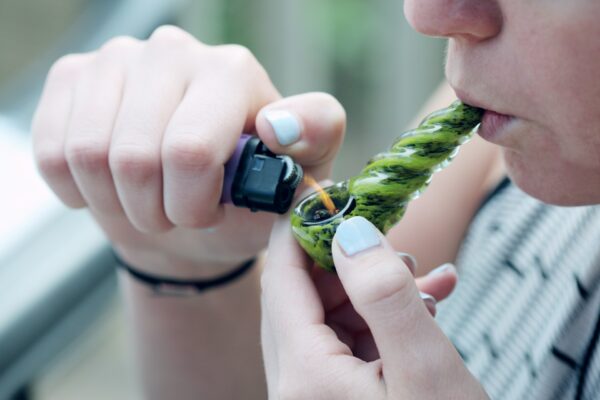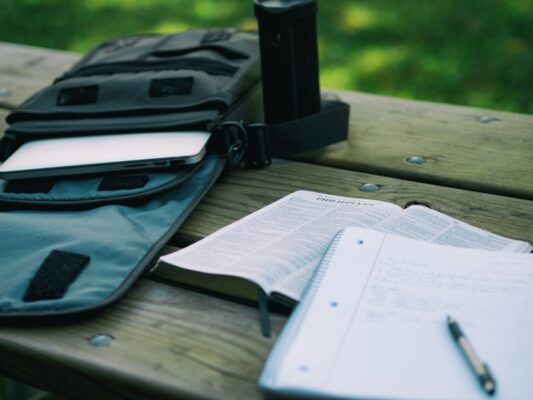Let's get started...
Understanding the Importance of Balancing School and Hobbies
For many teenagers, finding the right balance between academic responsibilities and personal interests can be challenging. School demands a significant amount of time and energy, with homework, revision, and exams consistently taking precedence. However, hobbies and personal interests play an equally important role in your development and well-being.
Educational institutions emphasise academic success, but hobbies such as sports, music, arts, and other extracurricular activities contribute significantly to developing skills like time management, critical thinking, and social interaction. They also offer an essential outlet for stress relief and personal expression.
The Real-Life Impact of Balancing School Work and Hobbies
As a young person, balancing schoolwork and hobbies can have a profound impact on various facets of your life. Academically, engaging in hobbies can improve your cognitive functions, making you more effective in your studies. Sports, for example, can enhance your concentration and stamina, while creative pursuits like music or art can improve your problem-solving abilities and innovative thinking.
On a personal level, hobbies provide a sense of identity and belonging. They can connect you with like-minded peers, fostering a supportive community. This balance also contributes to improving mental health. It is well-known that engaging in activities you enjoy can reduce stress and symptoms of depression and anxiety, making you feel more motivated and happier in general.
Moreover, colleges and future employers often look for well-rounded individuals. Having a variety of interests can make you stand out in interviews and applications, showing that you're not only academically proficient but also engaged in your community and passionate about other arenas.
Practical Strategies for Managing School and Hobbies

1. Prioritise Your Tasks
Begin by identifying your priorities. While school might often take the forefront, certain times may allow more freedom to engage in hobbies. Use a planner or digital calendar to mark important academic dates like exams and assignment deadlines, and find gaps that allow regular time for hobbies.
2. Create a Structured Schedule
Adhering to a structured routine can drastically improve your ability to juggle different tasks. Allocate specific times for studying and equally specific times for hobbies. For example, you might decide to dedicate weekday evenings to homework and reserve weekends for your hobbies. This helps establish a routine, reducing the likelihood of hobbies encroaching on your study time.
3. Learn to Say No
It's important to recognise when your plate is too full. If you're feeling overwhelmed, it might be necessary to decline additional responsibilities that could compromise your ability to balance school and hobbies effectively.
4. Use Technology Wisely
Utilise apps and technology to streamline your tasks. Tools like Google Calendar or Trello can help you organise your tasks and schedules efficiently. There are also numerous apps designed to help manage your study time and remind you to take breaks or switch activities.
5. Communicate with Teachers and Peers
If you're struggling to keep up with school work due to your commitments to hobbies, talk to your teachers. They can offer advice or possibly provide extensions on assignments. Likewise, discussing schedules with peers involved in similar activities can help you find ways to synchronise your plans.
6. Set Realistic Goals
Setting achievable goals within both school and hobbies can keep you motivated without feeling swamped. Break tasks into smaller, manageable parts and celebrate small victories; this will help maintain your momentum in both areas.
7. Ensure You Have Downtime
While it's great to have a packed schedule that allows you to do everything you love, it's equally important to schedule downtime. Rest is crucial for your physical and mental health, and it allows you to perform better academically and personally.
Conclusion
Mastering the art of balancing school with hobbies is crucial not just for your academic success but for your personal growth and satisfaction. By implementing effective time management strategies and making informed choices about how you allocate your time, you can excel in school while also pursuing activities that make you happy. Start small, adjust your strategies as you learn what works best for you, and remember to enjoy both your studies and your hobbies they're both crucial parts of your journey during these formative years.
How are you feeling?
It is really important that when we need help, we feel able to ask for it. This could be speaking to a parent, a close friend, a teacher or someone else you trust. Sometimes it can be really hard to share our feelings with other people but if we are feeling low or don't know where to turn, sharing with others is really important. Teachers will always take you seriously and listen to your problems in confidence if you approach them for help. Likewise, parents, siblings or friends will help you if you reach out to them.
If you feel like you can't speak to anyone you know, there are people and organisations that can help support you:
- Childline - Call them on 0800 1111 any time of the day or night, every day of the week
- NSPCC - Call them on 0808 800 5000 between 10am and 4pm Monday to Friday or email them on help@NSPCC.org.uk
- The Samaritans – Call them on 116 123 any time of the day or night, every day of the week
- SANE – Call 0300 304 7000 for support (4:30pm - 10:30pm every day)
- Mind – Call 0300 123 3393 (9:00am - 6:00pm Monday to Friday)
*Sometimes we will use real life examples in our articles to aid understanding. When we do, names and ages will be changed.













